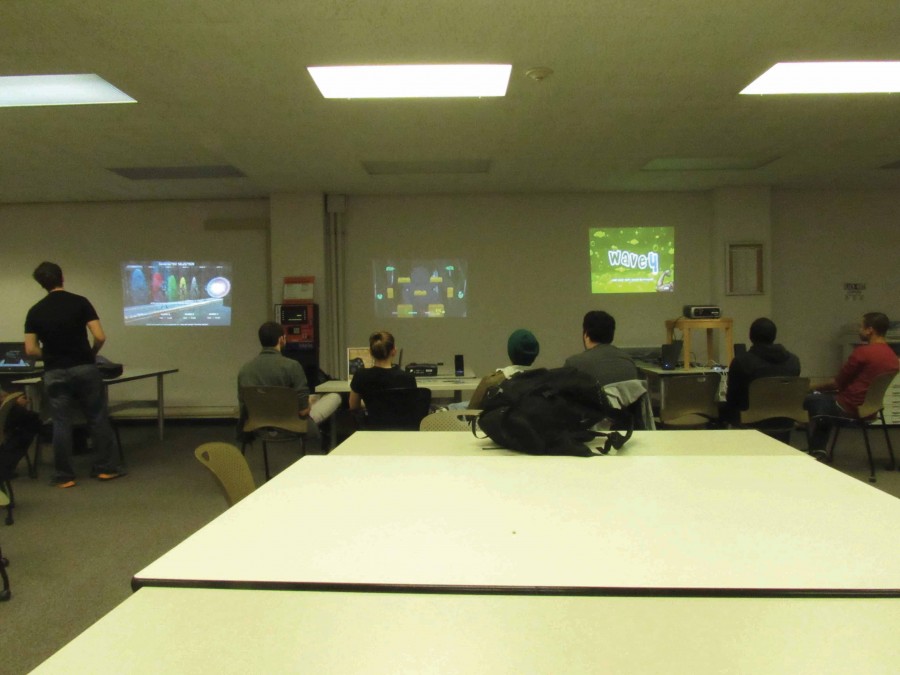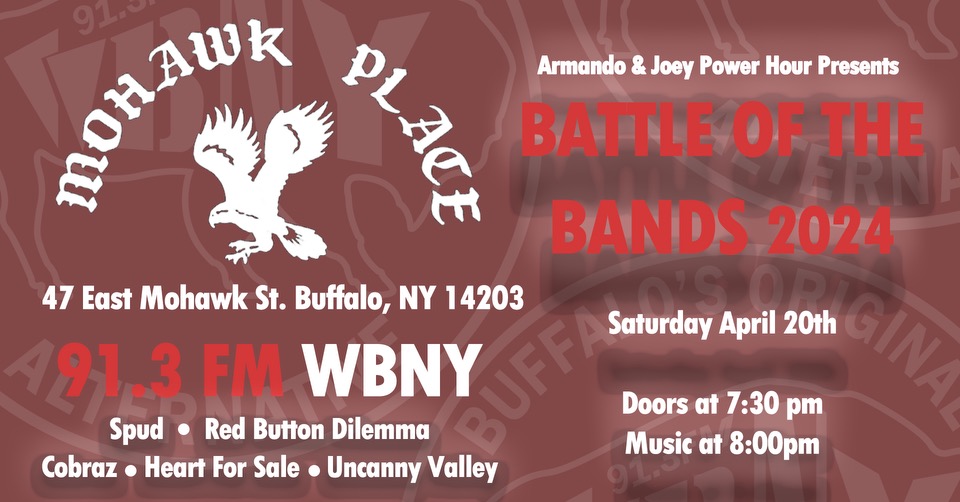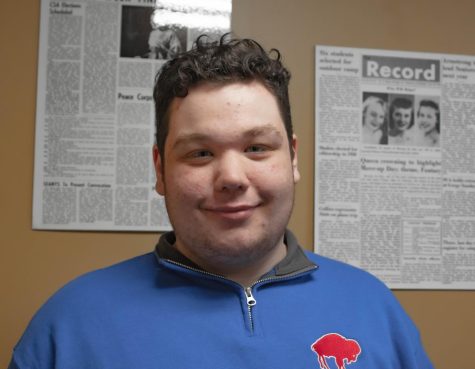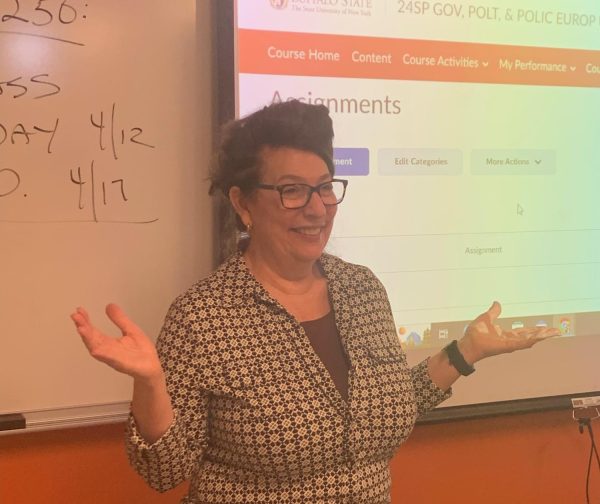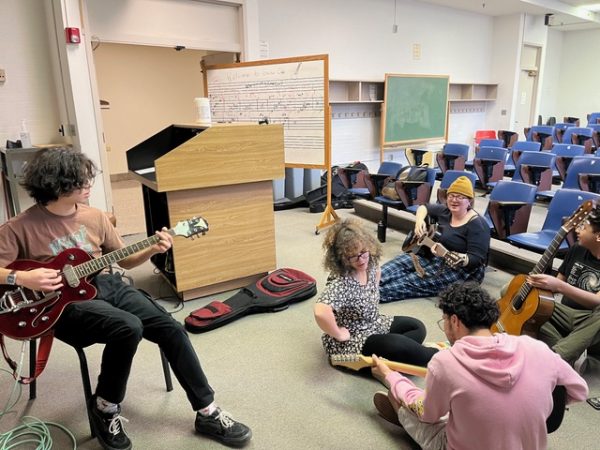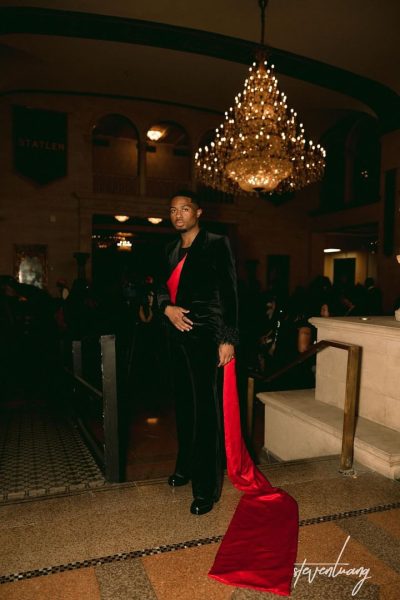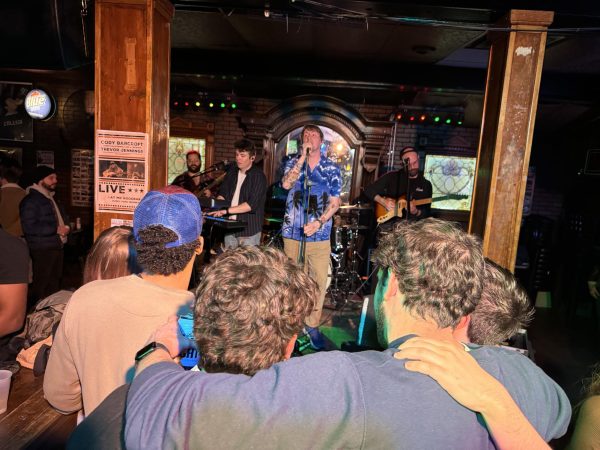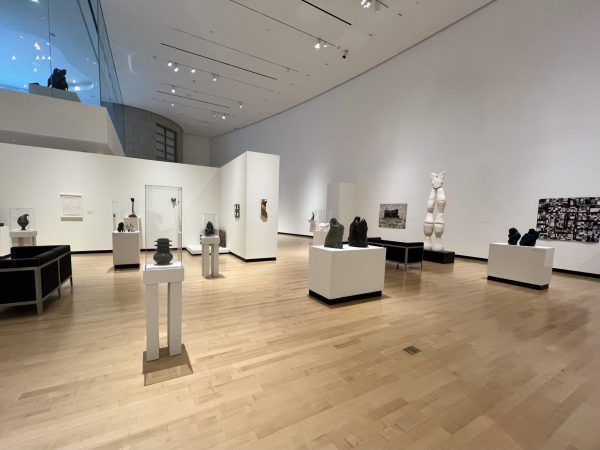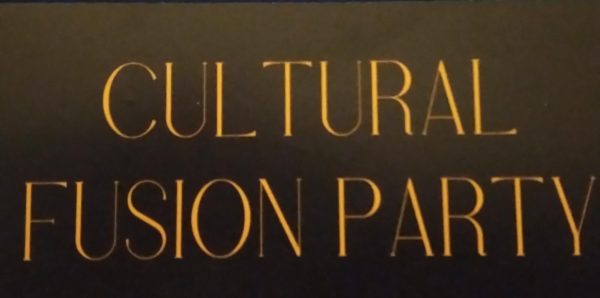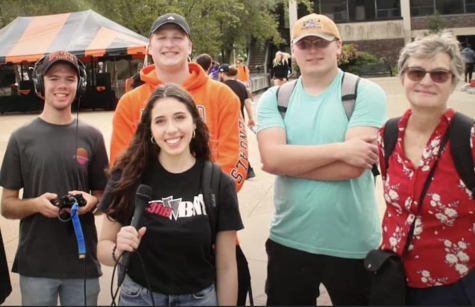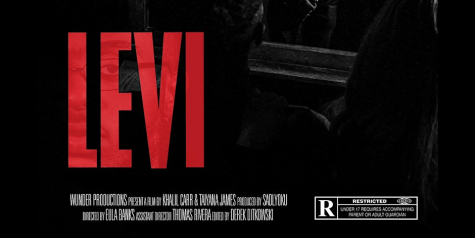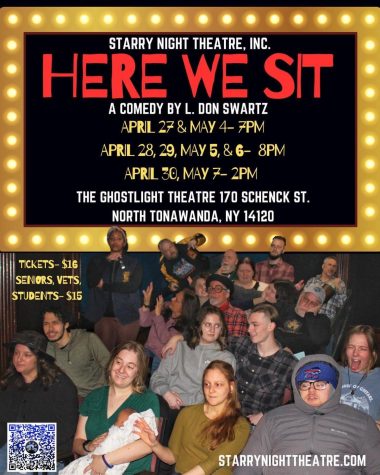Four-day gaming culture event in Butler Library a success
The Game as Culture and Career four-day event in the library included a game and game demo night.
December 2, 2015
SUNY Buffalo State’s E.H. Butler Library hosted a four-day Game as Culture and Career event featuring two different panels hosted by members of Buffalo Game Space, a game demo night, and a gaming night hosted by campus organization CRAGG (Campus Role-Playing Anime Gaming Group.) The event lasted from Nov. 17 through Nov. 20 and attracted large groups of students.
“We’re hoping it’s the start of something,” Leah Galka, outreach and engagement librarian said. “It’s been pretty successful and has been really fun! A lot of us at the library are big gamers, so it’s been sort of a passion project for all of us.”
Galka and her colleagues, Eugene Harvey, Katie Bertel, and Ken Fujiuchi, were inspired to organize the event after meeting some members of Buffalo Game Space, a nonprofit organization working to help others make and develop games.
“The library initiated it,” Galka said. “We randomly ran into some people from BGS. We learned more about them and thought this would be cool for students. They could see all the different types of careers and how to get involved.”
Members of BGS also felt that this was a great opportunity.
“The library approached us some time ago,” John Futscher, president of BGS, said. “We thought it would be a great opportunity to expose students to game development.”
Students were able to see what went into game development during the first panel, Game as Career, and the Game Demo Night.
“We had a whole bunch of local Game Space programmers, musicians, and industry guys and other local independent guys come in and talk all about the disciplines of game creation,” Futscher said. “Everyone seemed to enjoy it. We wanted to show students this could all be done in their backyard. If they want to develop games, nothing is stopping them; anyone can do it and BGS exists to help them get started.”
“The demo night was a great opportunity for us to get some games out there,” said BGS Sound and Level Designer Buffalo State alumnus, Anthony Swinnich.
Students were able to get a sneak peak at Swinnich’s new game, Shushimi.
Like Futscher, Swinnich agreed the event was a good opportunity to inspire future game designers.
“For a lot of people that grow older, there is always that dream that they will make games someday,” Swinnich said. “It’s easier now than ever before, so why not give it a go?”
The event featured a second panel, Game as Culture.
“This was about the effects of gaming in society, various gaming communities, and how gaming is as an art form and entertainment,” Futscher said. “Gaming as an art form is becoming more mainstream. Art doesn’t have to just sit on a wall, and it’s the largest form of entertainment on the planet. It’s bigger than music and movies combined, and people don’t seem to realize it. It’s a huge part of our culture.”
The event ended with a game night hosted by CRAGG in the Butler Library Information Commons.
“The library contacted us [CRAGG] a few months ago asking to do a tournament. At the last minute there were difficulties, so we just brought games,” Brienne Buckles, CRAGG president, said. The night featured a wide variety of video games and board games. Door prizes were given away each hour.
“It’s great that the library did this and we wanted to support it. Its relaxing for students,” Buckles said. “I’ve seen a lot of faces I recognize and I’ve seen the new faces of passerby who just stop in and play for a bit.”
“It’s been pretty good, lots of people came to each event and some professors even brought their classes down or encouraged their students to come,” Galka said. “It’s been very exciting and the panels were very interactive.”
Like Futscher and Swinnich, both Buckles and Galka agree that gaming plays a huge role in their culture.
“Gaming is important because of how widespread it is now,” Buckles said. “It’s become so much more. It connects people with game nights, it’s relaxing, and it creates communities.”
“Games traditionally had a way to bring people together over something common,” Galka said. “But it’s expanded so much. People use the gamification of education using theories and designs to create apps and solve problems and using game ideas to develop good habits in life. It’s taking the traditional ideas and applying them to something bigger.”
email: [email protected]


